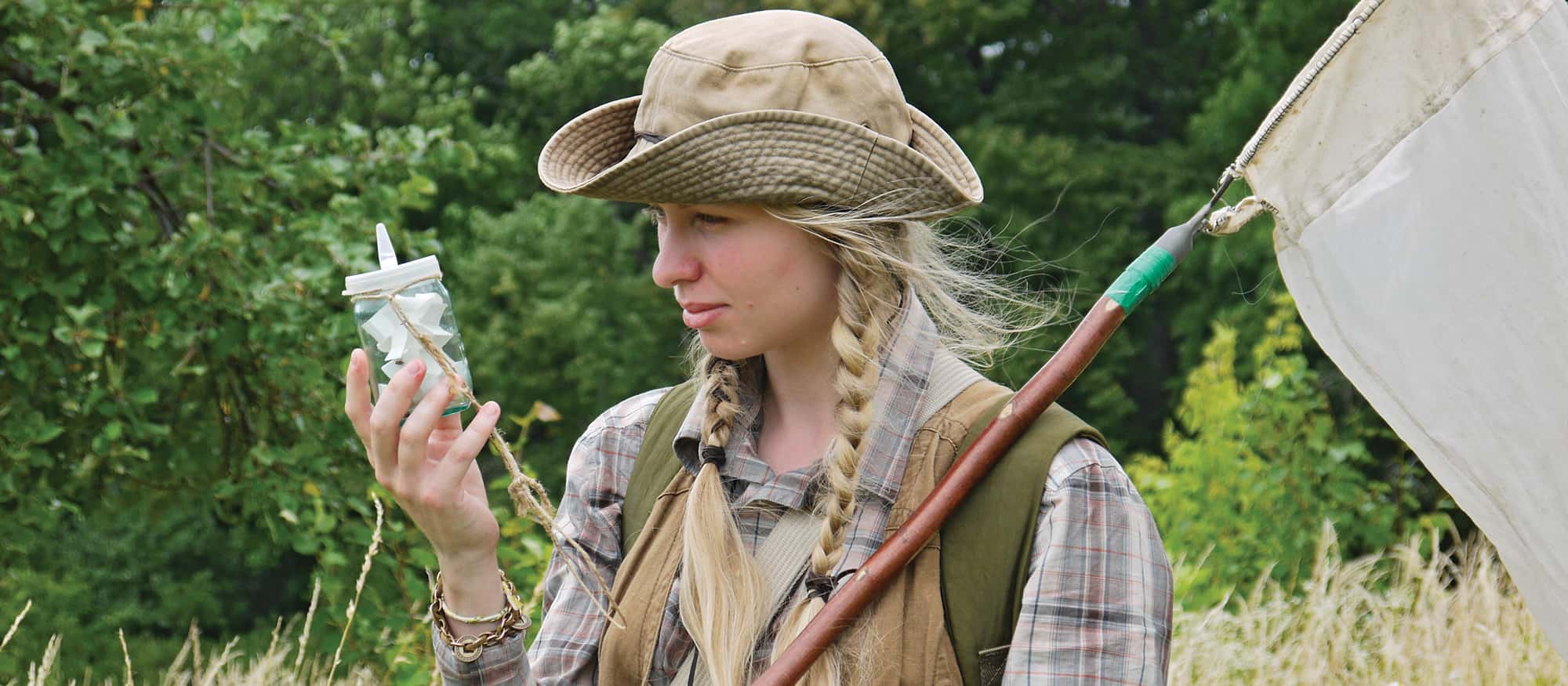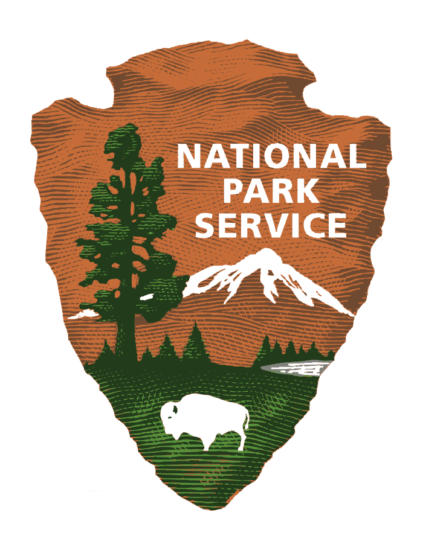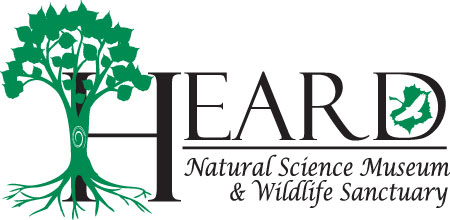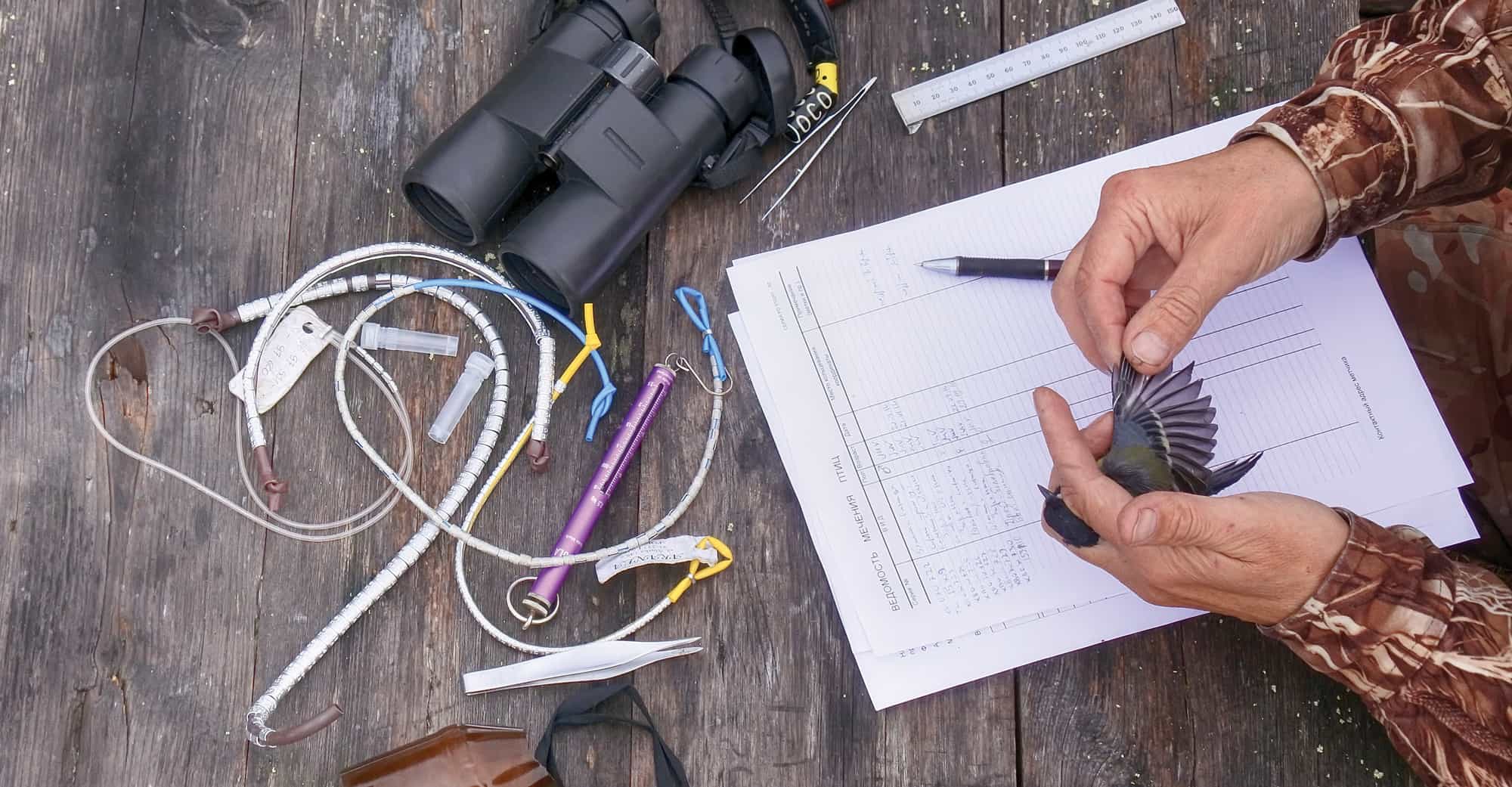
- On this page:
-
 Tracks
Tracks
-
 Courses
Courses
-
 Careers
Careers
-
 Internship
Internship
-
 Minors
Minors
-
 Organizations
Organizations
-
 Cost
Cost
-
 Learn More
Learn More
-
 Contact
Contact
Wildlife and Conservation Science (BS)
Agriculture Track
You can make a difference in the future of our planet. Develop your skills in both agriculture and biology with our bachelor of science in wildlife and conservation science.
The Wild is Calling
Our environment is ever-changing, and the relationships among its inhabitants are key to our future. Here, you will gain a broad knowledge of organismal sciences and focus on wildlife management, ecology and the preservation of biodiversity. This program exceeds the internationally recognized standards of The Wildlife Society and the U.S. Fish and Wildlife Service. With this competitive edge, you can pursue a career as a wildlife manager, park ranger, urban biologist, game warden, ecologist or conservation planner. Excel in positions on private game ranches, nature centers, with governmental agencies and private organizations such as Texas Parks and Wildlife, the U.S. Fish and Wildlife Service, the National Forest Service, the Nature Conservancy and the Audubon Society. In addition, students graduating from this program can pursue graduate study for further professional development and opportunity. Utilizing STEM innovation and discovery, you can protect the earth's inhabitants and help them thrive. This program is offered as a collaboration between the Department of Biological and Environmental Science and the College of Agricultural Sciences and Natural Resources.
Focus Your Passion
Choose from two tracks depending on your interests.
Agriculture
Biology
Featured Courses
Is this Program a Good Fit for You?
Wildlife and Conservation Science students are typically interested in
- Wildlife management
- Ecology
- Conservation and preservation of biodiversity
PRACTICAL APPLICATIONS
A degree in wildlife and conservation science will offer you the opportunity to:
- Learn theoretical and applied studies of wildlife species and populations.
- Apply biological principles to wildlife species management, populations and habitats.
- Expand on the fundamentals of scientific inquiry and methods for data analysis, then communicate those results.
- Get hands-on experience in field techniques for wildlife management and research.
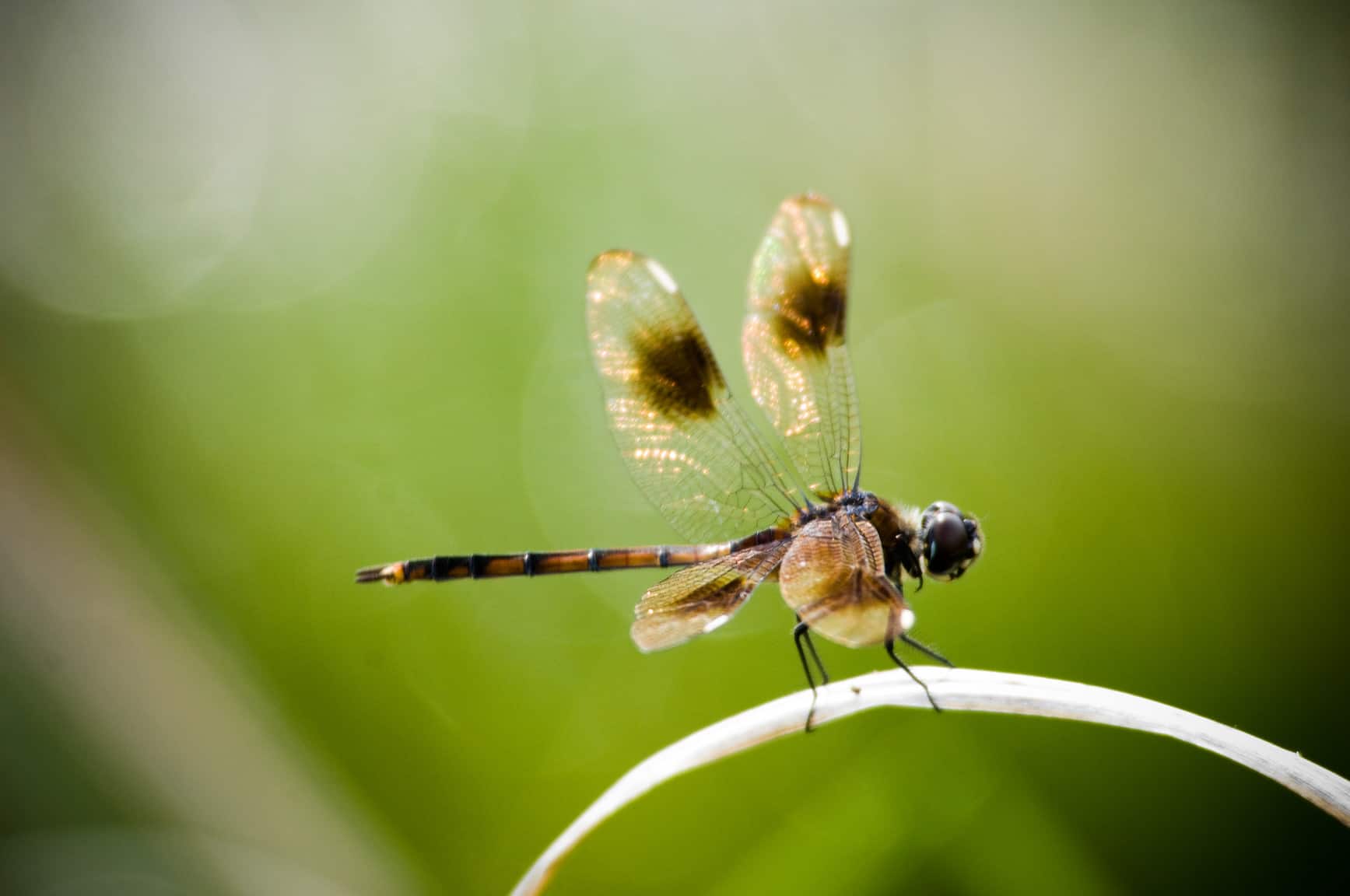
Finding My Community
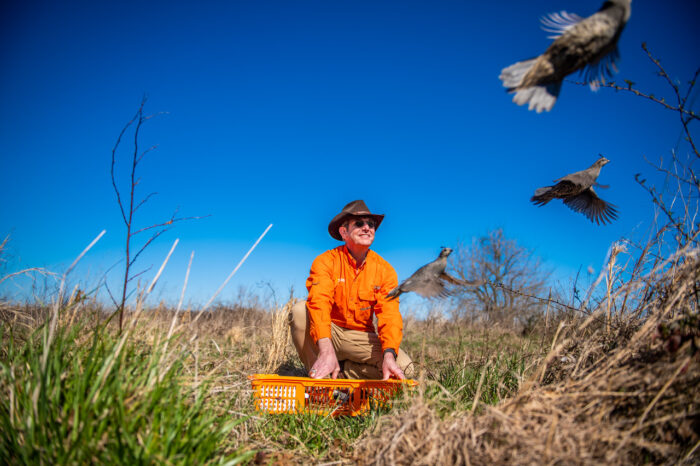
Careers
Choose from a wide variety of engaging careers in the field of wildlife and conservation science.
Career Possibilities and Current Median Salaries
- Wildlife Biologist – 8% projected job growth through 2026
- Conservation Scientist – 6% projected job growth through 2026
- Private Game Farm or Ranch Manager – 1% projected job growth through 2026
US DOL Bureau of Labor Statistics, Occupational Outlook Handbook, 2022
Employer Highlights
- The Nature Conservancy
- Texas Parks and Wildlife Department – Wildlife Division
- Heard Natural Science Museum and Wildlife Sanctuary
- Texas Parks and Wildlife Department – State Park Division
- Texas Parks and Wildlife Department – Law Enforcement Division (Shadowing game warden)
- U.S. Fish and Wildlife Service
- Houston Zoo
- National Park Service
- Texas Wildlife Association
- Dallas Arboretum and Botanical Garden
Internship opportunities
Internship experience provides the foundation employers are often looking for. Although not required for your degree, internships are an important part of your education experience. These are just a few of the companies that partner with Student Career Preparedness and offer opportunities for East Texas A&M wildlife and conservation science students.
Minors
- Agribusiness
- Agricultural Education
- Agronomy
- Animal Science
- Biological Sciences
- Environmental Science
- Equine Science
- Equine Studies
- Family and Consumer Sciences
- Food Studies
- Horticulture
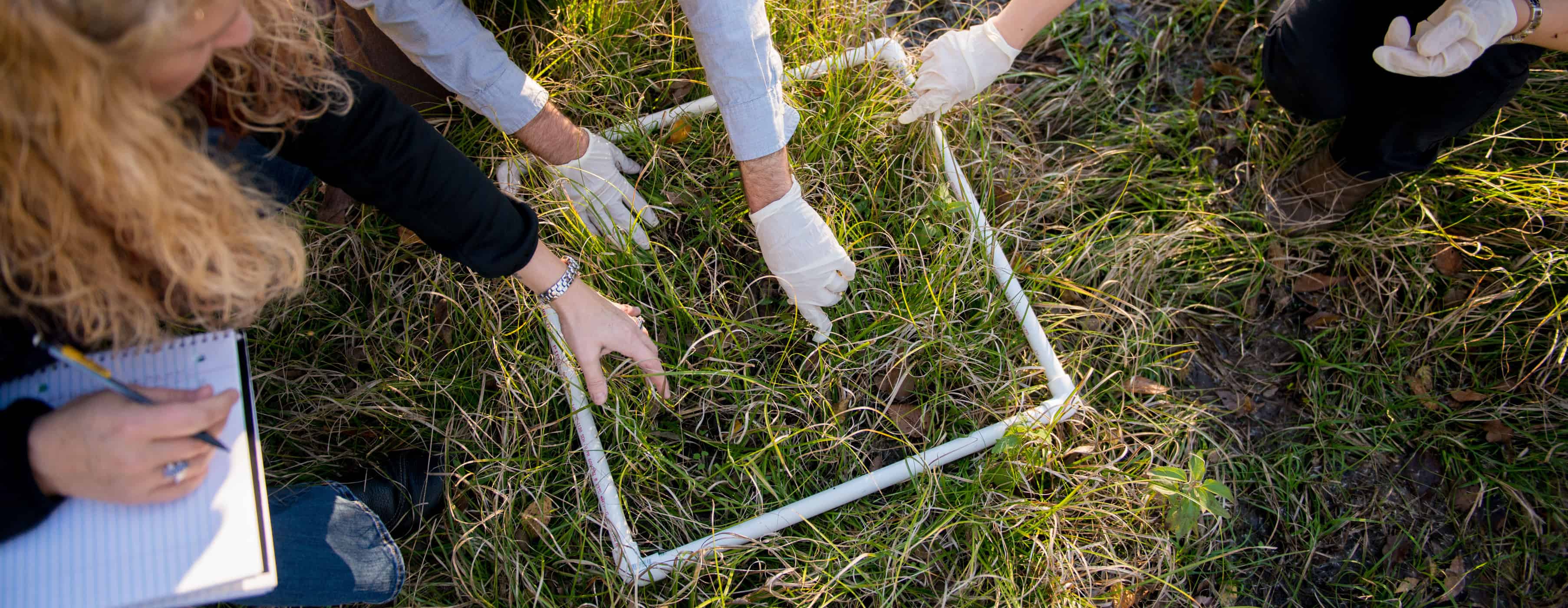
What You Will Learn
In this program, you will receive a comprehensive overview of organismal sciences that will prepare you for jobs at government or international agencies, wildlife conservation organizations, ecological research, ranch management or further graduate study.
Courses to Prepare You for Your Career
- Foundation courses include Zoology, Botany, Ecology, Wildlife Management and Vertebrate Biology
- Core courses include Field Methods in Wildlife Management and Conservation Science and Agricultural Law
Student Organizations
The Student Chapter of the Wildlife Society at East Texas A&M offers you experiences that enhance your understanding of wildlife conservationists and managers through volunteer work. Dedicate yourself to helping organizations and agencies managing wildlife in Northeast Texas as well as aid research efforts by graduate students, faculty members and agencies in the area.
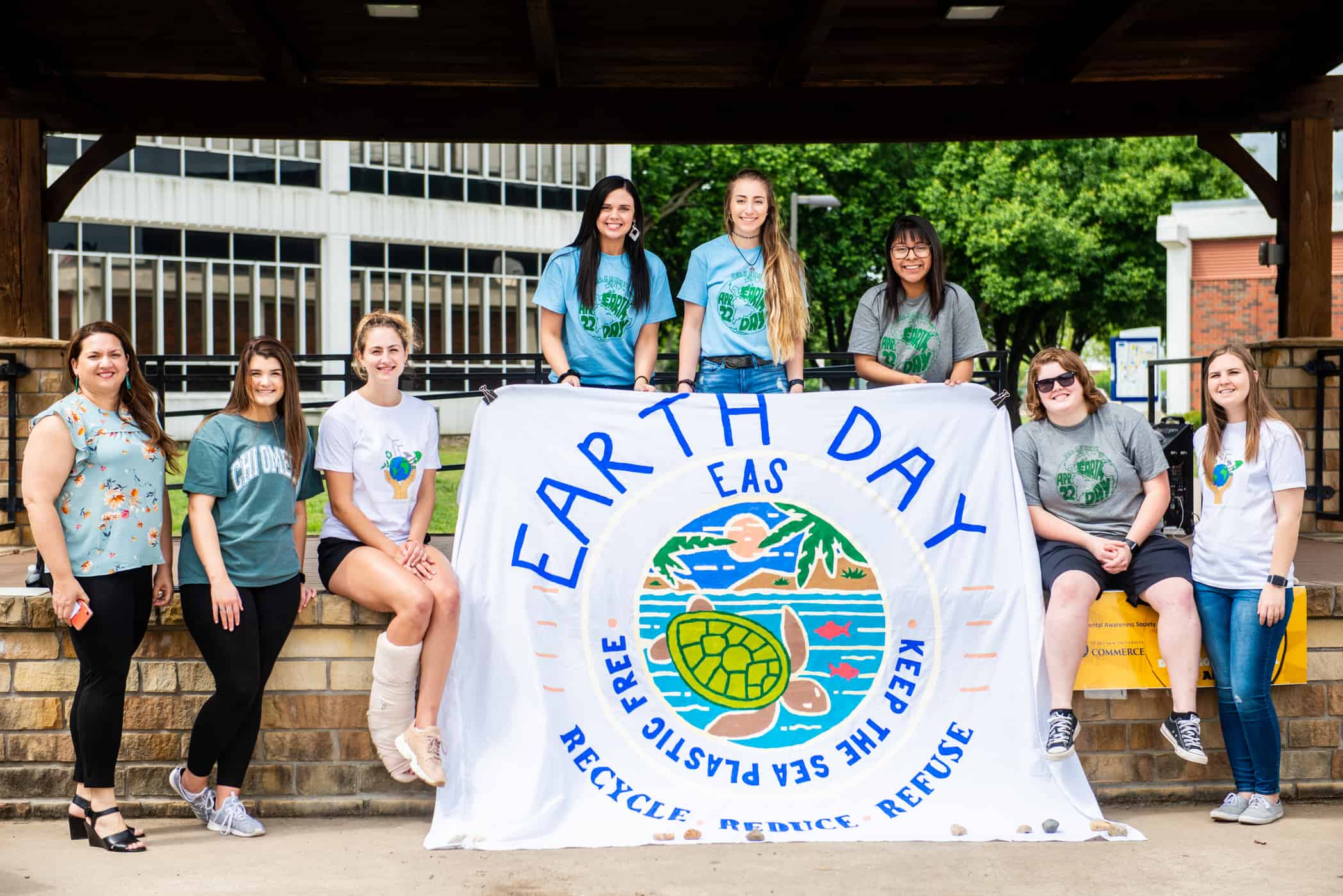
Undergraduate Program Costs
Program Costs
Tuition and fees for undergraduate students taking 12 credit hours are $4,212 for Texas residents and $9,108 for non-residents.



